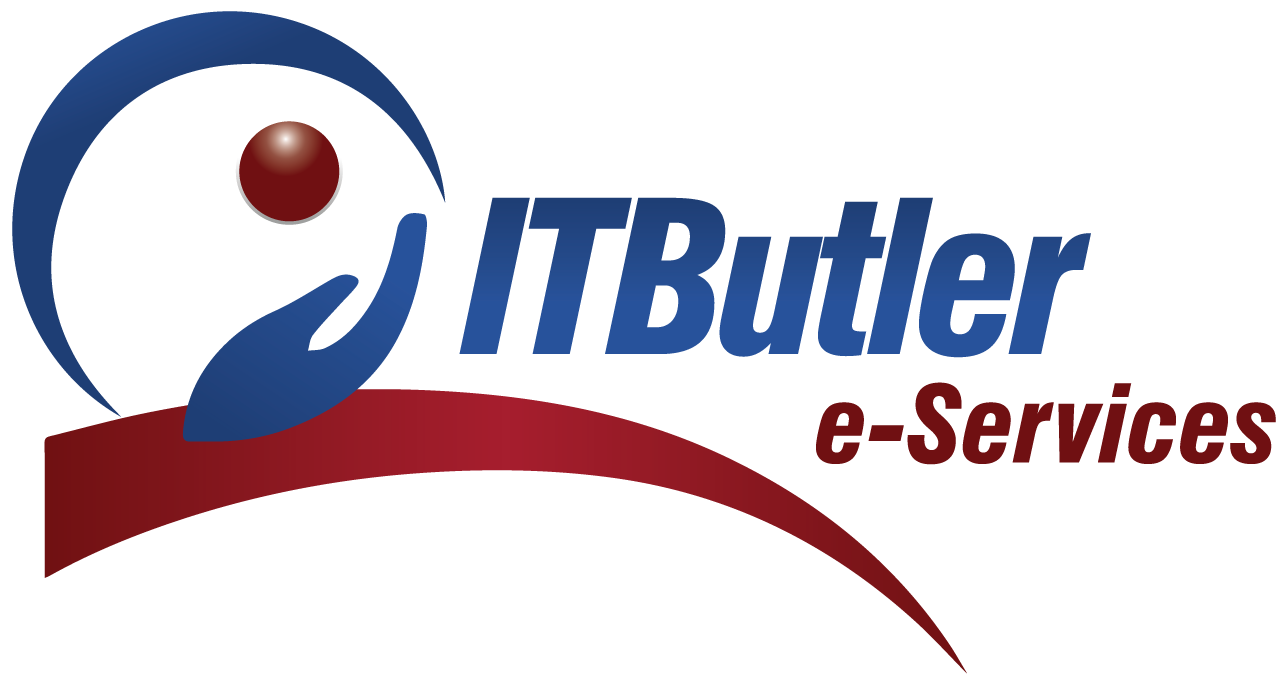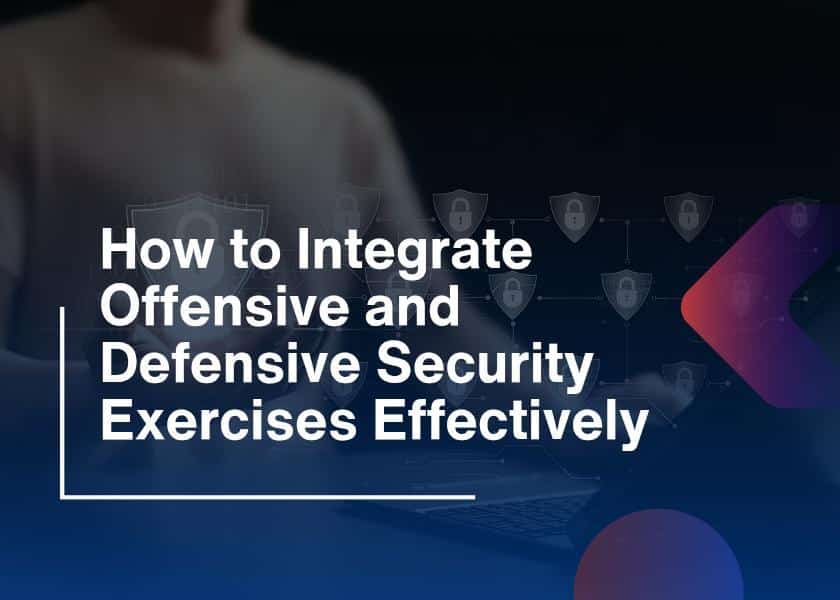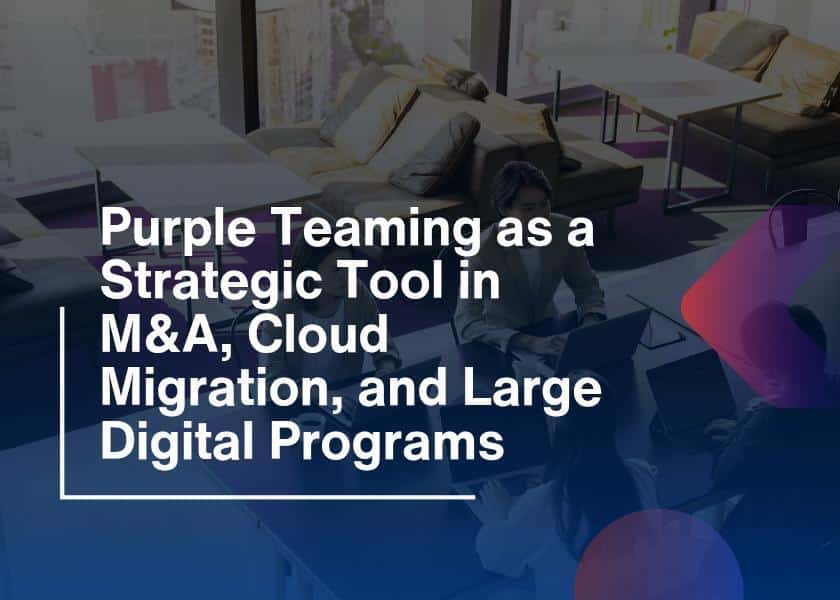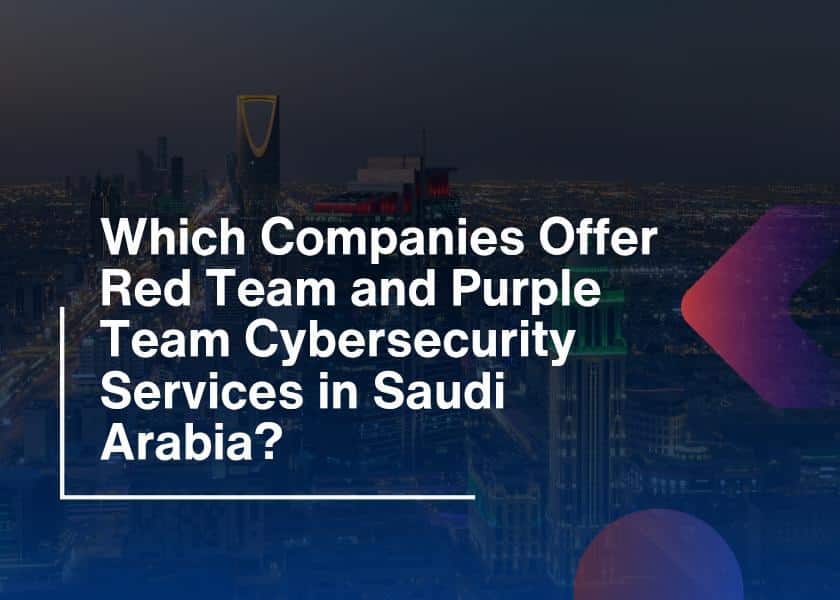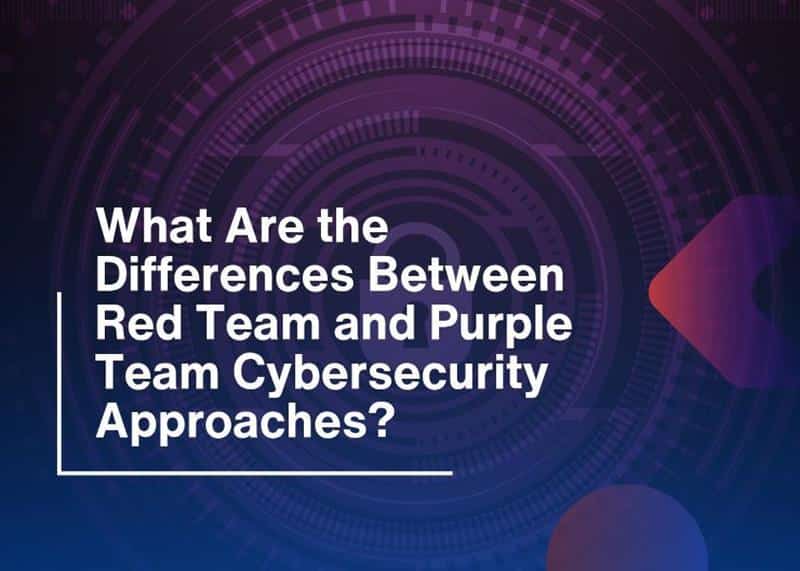As cyber threats grow more advanced by the day, businesses can no longer afford to rely on outdated security systems or overworked in-house IT teams. Therefore, this is exactly where MSSP services come in. However, MSSPs, or Managed Security Services Providers, deliver expert-level cybersecurity support tailored to modern business needs.
Whether you’re a small startup or a global enterprise, understanding what MSSPs offer can help you make smarter, faster, and safer decisions. In this guide, we’ll break down the most common MSSP services so you know exactly what to expect and why these services matter.
Overview of MSSP Services
Firstly, we should know what MSSP services are. These services mainly focus on outsourcing cybersecurity. It helps to assist organizations in the detection, click here for more info prevention, and MSSPs look after firewalls, intrusion detection, compliance, and incident response. These services are available around the clock. Let’s examine the most popular services that will come with a reliable MSSP.
1. Round-the-clock Security Monitoring
MSSP providers are especially useful because they provide continuous security monitoring. Since risks can arise at any moment, MSSPs keep your systems safe by using tools and Security Operations Centers (SOCs) all day. Additionally, with this continual observation, they can:
- Look for any strange or harmful behavior or signs.
- Acting immediately guarantees that the situation is under control.
- Reduce the amount of damage and stoppage for work.
Furthermore, the use of AI and machine learning lets MSSPs spot signs of possible attacks early, so responses can be made in time.
2. Handling and managing incidents.
No protection is perfect, and threats can still get through. For this reason, MSSPs also give incident response services. However, if an attack appears, the MSSP immediately works to limit, assess, and fix the problem. Common tasks are:
- Finding out the source of the breach
- Stopping actions that are currently harmful
- Working to retrieve data that has been deleted or made unreadable
- Reviewing and studying the incident to stop it from happening again
It is very important for companies without dedicated cybersecurity staff. Moreover, during any crisis, your team will be there to manage things instead of you having to panic.
3. Firewall and Intrusion Detection System (IDS/IPS) Management
Firewalls are your business’s first line of defense. In addition, MSSPs configure, monitor, and manage firewalls and intrusion detection/prevention systems (IDS/IPS) to keep hackers out. These systems:
- Block unauthorized access
- Detect suspicious inbound and outbound traffic
- Prevent known malware from entering your network
In addition, MSSPs regularly update firewall rules to match your evolving security needs and threat landscape.
4. Endpoint Detection and Response (EDR)
With remote work and mobile devices on the rise, securing endpoints (like laptops, phones, and tablets) is more important than ever. Additionally, MSSPs provide endpoint protection services that monitor, manage, and secure every device connected to your network. So, they can:
- Detect and block malicious files
- Monitor device activity for signs of compromise
- Isolate affected devices to prevent the spread
As a result, your business remains protected, even when your team is working from different locations.
5. Vulnerability Management
Another core MSSP service is vulnerability scanning and management. In addition, cybercriminals are constantly searching for weak spots. Therefore, MSSPs perform regular scans to identify vulnerabilities in your software, networks, and systems. In addition, they also:
- Prioritize threats based on risk level
- Recommend patches and fixes
- Provide reports on the status of vulnerabilities
So, this proactive approach helps close security gaps before attackers can exploit them.
6. Threat Intelligence Services
Modern MSSPs don’t just react, they anticipate. Through threat intelligence services, MSSPs collect and analyze real-time data about emerging threats around the globe. So, with this information, they can:
- Update your security tools with the latest threat indicators
- Warn you about industry-specific risks
- Adjust defenses to stop zero-day attacks
Simply put, you’re not just relying on technology; you’re benefiting from a global network of cyber defense intelligence.
7. Security Information and Event Management (SIEM)
SIEM services are a combination of real-time monitoring, logging, and analysis. Additionally, MSSPs use SIEM platforms to collect data from across your systems, then analyze it for potential threats or abnormal behavior. With SIEM, you gain:
- Centralized visibility across your entire network
- Faster detection of insider threats
- Better forensic analysis after incidents
It’s like having a control tower that oversees every part of your digital environment.

8. Compliance and Audit Support
Compliance can be a headache, especially with rules like GDPR, HIPAA, and Saudi Arabia’s NCA regulations. Fortunately, MSSP services often include compliance assistance to help businesses meet industry standards and legal requirements. In addition, they offer:
- Risk assessments
- Audit preparation and reporting
- Continuous compliance monitoring
By doing so, MSSPs reduce your legal exposure and help build trust with clients and stakeholders.
9. Cloud Security Management
Many businesses are moving to the cloud, but the cloud isn’t automatically secure. MSSPs offer cloud security services to protect your infrastructure and data in platforms like AWS, Azure, and Google Cloud. Additionally, these services typically include:
- Cloud workload protection
- Identity and access management
- Encryption and compliance tracking
As cloud usage grows, so does the importance of this MSSP offering.
10. Security Awareness Training
Believe it or not, one of the biggest cybersecurity risks is human error. Therefore, MSSPs help address this by offering security awareness training for employees. In addition, these programs teach staff how to:
- Spot phishing emails
- Use secure passwords
- Follow safe online practices
Over time, this reduces accidental breaches and builds a stronger security culture within your company.
How MSSP Services Are Delivered
MSSP services are usually provided in flexible models:
- Fully Managed – The MSSP handles everything from setup to response.
- Co-Managed – The MSSP works alongside your internal IT/security team.
- On-Demand – You request specific services when needed.
So, this flexibility ensures that MSSPs can meet the needs of businesses of all sizes and industries.
Industries That Benefit Most from MSSP Services
While every business can benefit from managed security, the following industries typically rely heavily on MSSP services:
- Healthcare – To protect patient data and meet HIPAA/NCA regulations
- Finance – To prevent fraud and stay compliant with SAMA and PCI-DSS
- Retail & E-commerce – To defend against data theft and online fraud
- Energy & Oil – To guard critical infrastructure
- Government & Education – To secure public sector networks
Each of these sectors handles sensitive data, making cybersecurity a top priority.
Choosing the Right MSSP for Your Business
Not all MSSPs are created equal. When selecting a provider, consider the following:
- Experience in your industry
- Certifications and compliance knowledge
- Service Level Agreements (SLAs)
- Transparency in reporting
- Scalability and support
Therefore, the right MSSP should feel like an extension of your team, ready to protect and guide you every step of the way.
Conclusion
In a world full of evolving cyber threats, relying on hope isn’t a strategy. So, MSSP services offer a proactive, professional, and cost-effective way to safeguard your business. From real-time threat detection to regulatory compliance and employee training, MSSPs cover all the bases.
Instead of worrying about your security posture, you can focus on innovation, growth, and delivering value to your customers, confident that your business is in safe hands. So if you’re still wondering whether an MSSP is right for your company, the better question is: can you afford not to have one?
